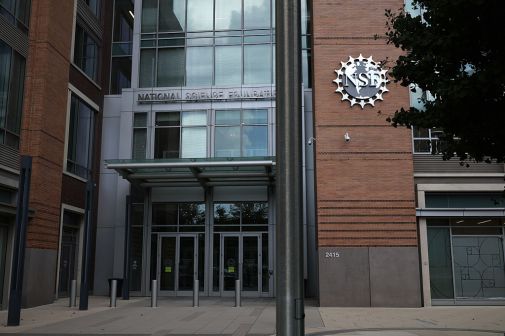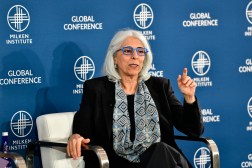Report: Agencies need better data on the skilled technical workforce

Federal agencies should put additional resources toward collecting data on the state of the skilled technical workforce, according to a National Science Board report.
Skilled technical workers use science, engineering or even coding to do their jobs but without a bachelor’s degree.
The National Academies of Sciences, Engineering, and Medicine estimate there will be 3.4 million unfilled skilled technical jobs nationwide by 2022 — many of them in government.
NSB, which establishes the policies of the National Science Foundation, recommends additional funding and personnel be allocated to gather education and skills data on tech workers in areas ranging from information technology and cybersecurity to energy and health care.
“We need to take a look at this and see what is driving the demand,” Vic McCrary, chair of NSF’s Task Force on the Skilled Technical Workforce, told FedScoop. “Why is there a perception the pipeline is not as robust as should be?”
Federal statistical agencies must do a better job of coordinating to address data gaps, with NSF’s National Center for Science and Engineering Statistics at the helm, also coordinating input from states, industry and academia, according to NSB.
Such data will help design policies, skill development programs and workforce planning tools for public use.
“In government, there’s a real need around cybersecurity. You don’t necessarily need a bachelor’s degree in computer science,” McCrary said. “What we want is to get some of those white hat hackers working with our intelligence agencies and securing data.”
But that requires changing government’s message about the path to a successful career in skilled technical work that combats negative perceptions concerning holding a certification versus a four-year college degree, he added.
As new research in artificial intelligence and advanced materials defense becomes commercializable, more workers are needed to supply the resulting products and services.
Meeting that employee demand is critical to U.S. economic competitiveness, national security and the functioning of government facilities, McCrary said.
“We can not find enough of these workers,” he said.






